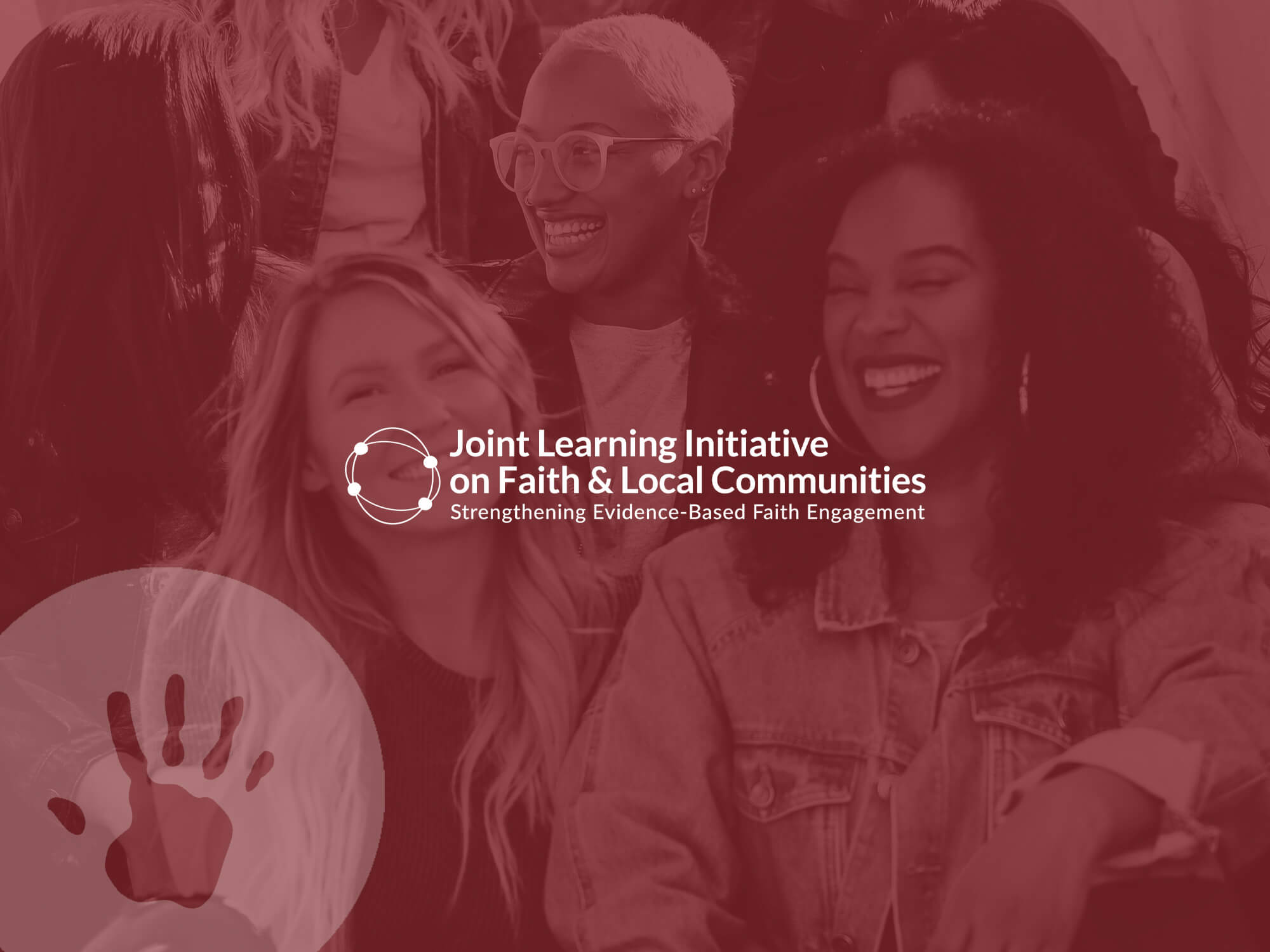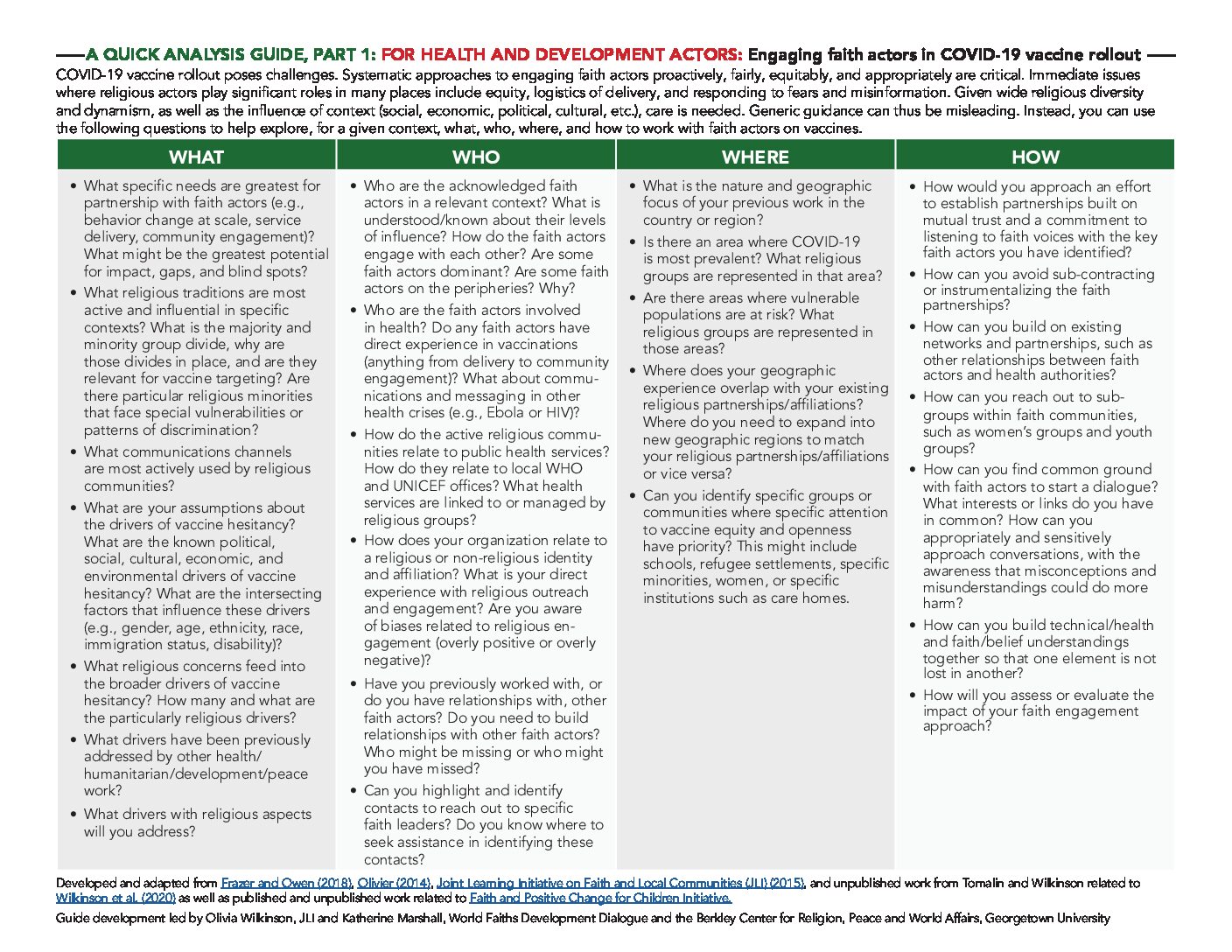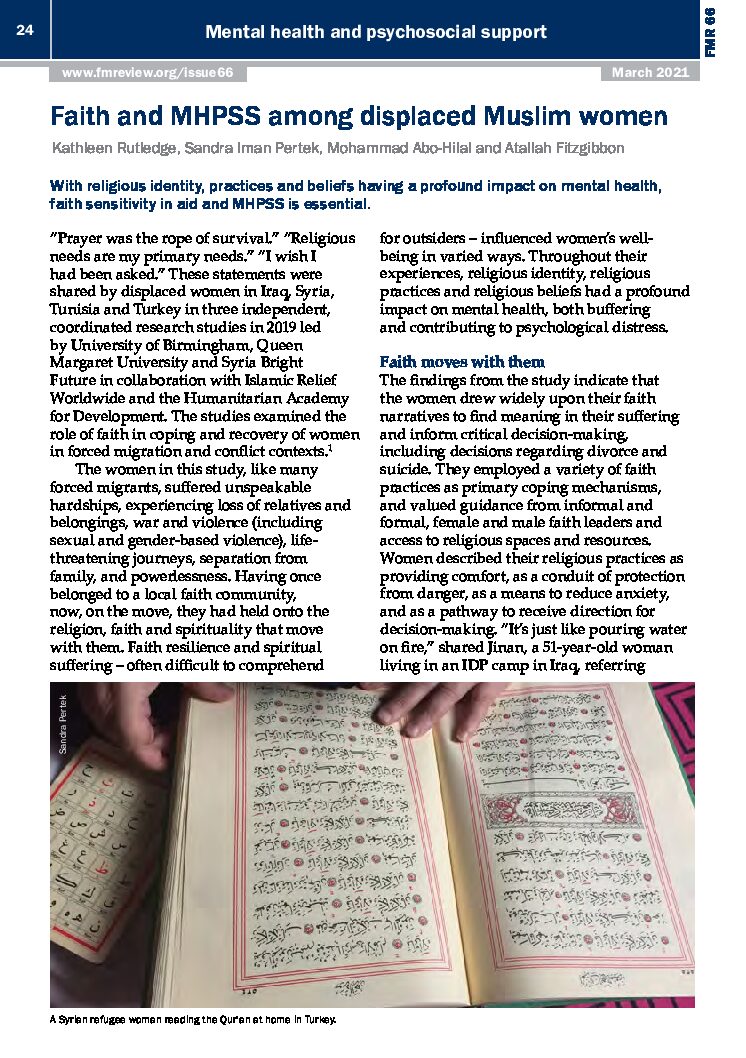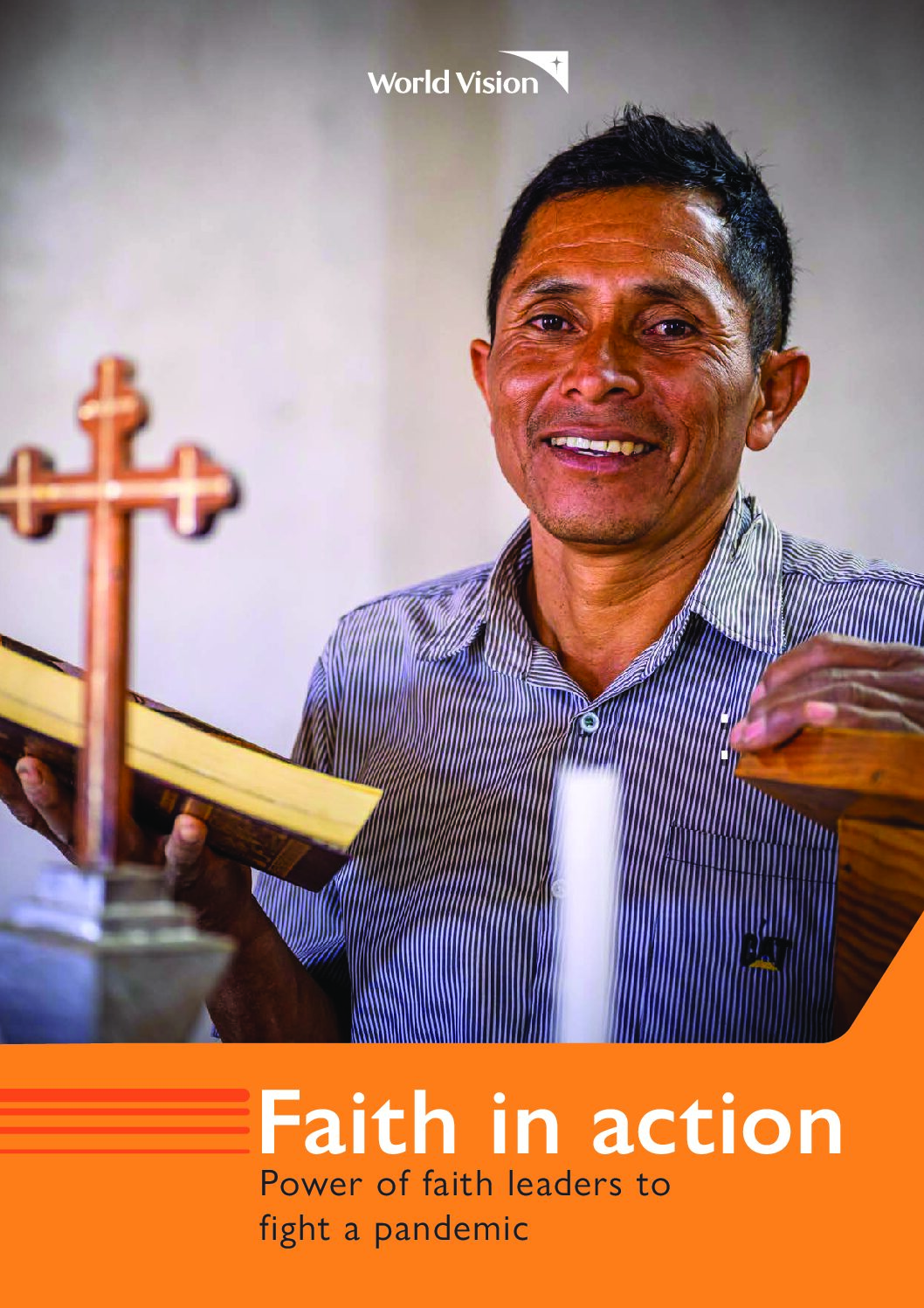Date/Time
Date(s) - 17/06/2021
8:30 am - 10:00 am
Categories
By Project dldl/ድልድል
The scholarship that examines clergy engagement in domestic violence interventions is extensive. Despite nuanced evidence, the scholarship generally agrees that clergy are generally influential and well-positioned to respond to domestic violence in religious communities, but often lack understanding of how their own discourses and responses might unwittingly reinforce negative norms, attitudes or situations, and how to support victims and perpetrators in ways that consider their complex psychological states to minimise safety risks. The same scholarship is generally positive about the prospects of involving clergy in addressing domestic violence provided that they are trained to understand how their respective communities experience domestic violence, have the theological acumen to address distorted perceptions that involve religious beliefs and contribute to negative beliefs and attitudes, and show willingness to collaborate with secular and other stakeholders working to address domestic violence, integrating with wider referral systems. Considerably fewer studies have assessed the effectiveness of clergy-centred interventions in ways that can evidence the specific mechanisms by which clergy involvement results in positive outcomes for domestic violence victims/survivors and the minimisation of the problem in their communities.
This webinar aims to add to this scholarship by means of ethnographic and practical insights by specialised researchers and practitioners who work directly with clergy and theological traditions to address domestic violence in their respective communities. The panel will explore different approaches of engaging with religious communities and clergy in efforts to address domestic violence in different religious contexts with the aim of achieving knowledge exchange across different contexts, to share lessons and to identify good practices and challenges from different communities around the world.
Click here to register and view the speakers




